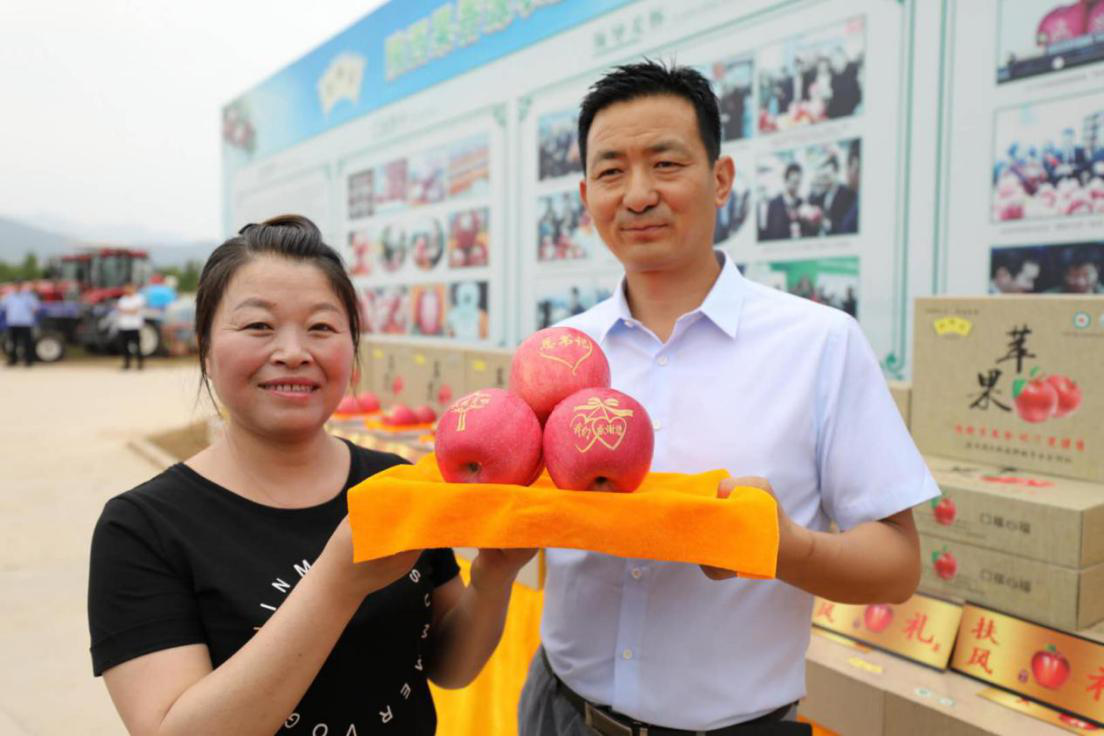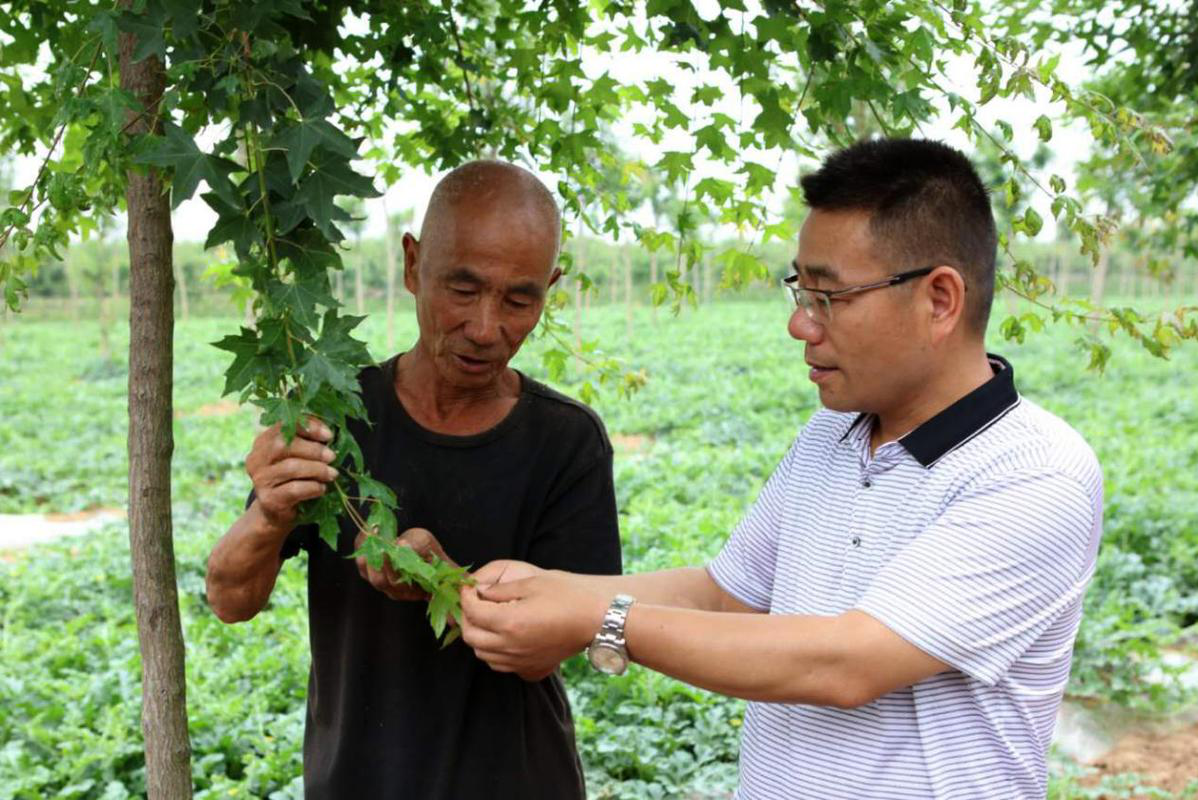Focus: rural revitalization in NW China's Shaanxi

Editor's note: Northwest China's Shaanxi province has made remarkable accomplishment in poverty alleviation in recent years. To fully exemplify the historic achievements since the founding of the People's Republic of China 70 years ago and vividly tell the great stories in rural revitalization, the Shaanxi Provincial Office of Cyberspace Affairs Commission, together with the Department of Agriculture and Rural Affairs of Shaanxi Province and China Internet News Center, launched a media tour on June 18, inviting dozens of journalists from about 30 of China's major media agencies to go to the grassroots and conduct field interviews.
"Rural revitalization" is a significant strategy proposed in the keynote report at the 19th CPC National Congress. Alleviating poverty and enriching farmers are the starting points and objectives of the policy, which identifies industrial development as the fundamental solution. The media group set out on their tour in Fufeng and Fengxiang, two counties of Baoji, an important node city of the Guanzhong Plain city cluster.
Let's get started and hear the voices of Shaanxi on rural revitalization!

Li Ligang and Lyu Hongmei are a common couple of Fufeng county. In 2003, their quiet life was unexpectedly disrupted when they were both laid off and lost the meager income of the whole family. Thereafter, they tried driving taxis, raising rabbits and running clothing stores, but only to become debt-ridden. They didn't give up.
The couple eventually decided to apply their efforts to local conditions and began growing apples with the support of the local government. This time it paid off. The apples in their farm are big, red, crisp and tasty. What's more, any blessing words can be inscribed on the apples according to the clients' needs. This kind of "customized" apple is quite popular in the market and each can be sold for 20 yuan ($2.91).
They not only escaped poverty and became better off, but are also now devoted to lifting other poor villagers out of poverty. With the business thriving, they founded a cooperative in 2014 that has attracted 151 commune members, 100 of whom are from poor households.
In light of the bilateral production agreements signed on the basis of free will and mutual benefits, the cooperative provides nursery stocks, chemical fertilizer, mulch films, and technical support to enable its members to manage their orchards, then exclusively purchases the ripe fruit at above-market prices to increase their income.


























